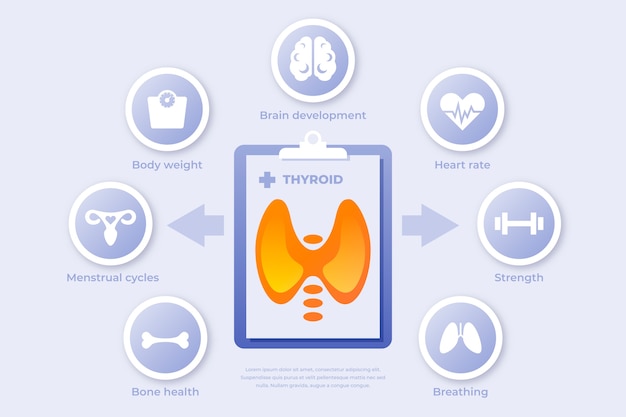Fascinating Facts About Lung Cancer

Lung cancer is the leading cause of cancer-related deaths worldwide.
Smoking is the primary cause of lung cancer, accounting for about 85% of cases.
Secondhand smoke increases the risk of developing lung cancer by 20-30%.
Lung cancer can occur in non-smokers as well, but at a lower rate.
Radon gas exposure is another significant risk factor for developing lung cancer.
Symptoms of lung cancer may include persistent cough, chest pain, and shortness of breath.
Early detection of lung cancer can significantly improve the chances of successful treatment.
Lung cancer can spread to other parts of the body, such as the brain, liver, and bones.
The five-year survival rate for lung cancer is around 21%.
Quitting smoking can reduce the risk of developing lung cancer, even for long-term smokers.
Genetic factors can also play a role in the development of lung cancer.
Exposure to certain chemicals and substances, such as asbestos and diesel exhaust, can increase the risk of lung cancer.
Lung cancer is more common in older adults, with the average age of diagnosis being 70 years.
Lung cancer is more prevalent in men than women.
Lung cancer screening with low-dose computed tomography (CT) can help detect tumors at an early stage.
Lung cancer can be categorized into two main types: small cell lung cancer (SCLC) and non-small cell lung cancer (NSCLC).
Immunotherapy has emerged as a promising treatment option for lung cancer.
Palliative care plays a crucial role in improving the quality of life for individuals with lung cancer.
Regular exercise and a balanced diet can help reduce the risk of developing lung cancer.
Lung cancer survivors may experience long-term side effects, such as fatigue and breathing difficulties.
Lung cancer can affect anyone, regardless of their race or ethnicity.
The incidence of lung cancer is higher in countries with a high tobacco consumption rate.
Lung cancer research is ongoing to develop more effective treatments and improve survival rates.
Advanced-stage lung cancer may require a multimodal treatment approach, including surgery, radiation, chemotherapy, and targeted therapies.
Support groups and counseling can provide emotional and psychological support to individuals affected by lung cancer.
Non-smokers exposed to high levels of air pollution are at a higher risk of developing lung cancer.
Family history of lung cancer can increase an individual’s risk.
The prognosis for lung cancer varies depending on the stage and type of tumor.
Early-stage lung cancer may not cause any noticeable symptoms, making regular screenings important for early detection.
Lung cancer can metastasize to other organs through the bloodstream or lymphatic system.
Quitting smoking can lead to significant health benefits, even if diagnosed with lung cancer.
Clinical trials are critical in advancing the understanding and treatment of lung cancer.
The stigma associated with lung cancer can affect the emotional well-being of individuals and their support networks.
Lung cancer has a higher mortality rate than breast, colorectal, and prostate cancer combined.
Smoking cessation programs and resources are available to support individuals in quitting tobacco use.
Lung cancer can cause paraneoplastic syndromes, which are a group of symptoms that occur due to the cancer’s effects on various body systems.
Lung cancer can be detected through imaging tests like X-rays, CT scans, and PET scans.
The World Health Organization estimates that more than 1.8 million people worldwide die from lung cancer each year.
The introduction of targeted therapies has improved treatment outcomes for individuals with specific genetic mutations.
Lung cancer diagnosis requires a biopsy to confirm the presence of cancer cells.
Lung cancer is responsible for more deaths each year than breast, colon, and prostate cancer combined.
A healthy lifestyle, including regular exercise and a balanced diet, can help reduce the risk of developing lung cancer.
The risk of developing lung cancer decreases significantly after quitting smoking for ten years.
Early-stage lung cancer is often asymptomatic, making regular screenings crucial for early detection.
Lung cancer treatment plans are personalized based on the patient’s stage, overall health, and specific subtype of lung cancer.